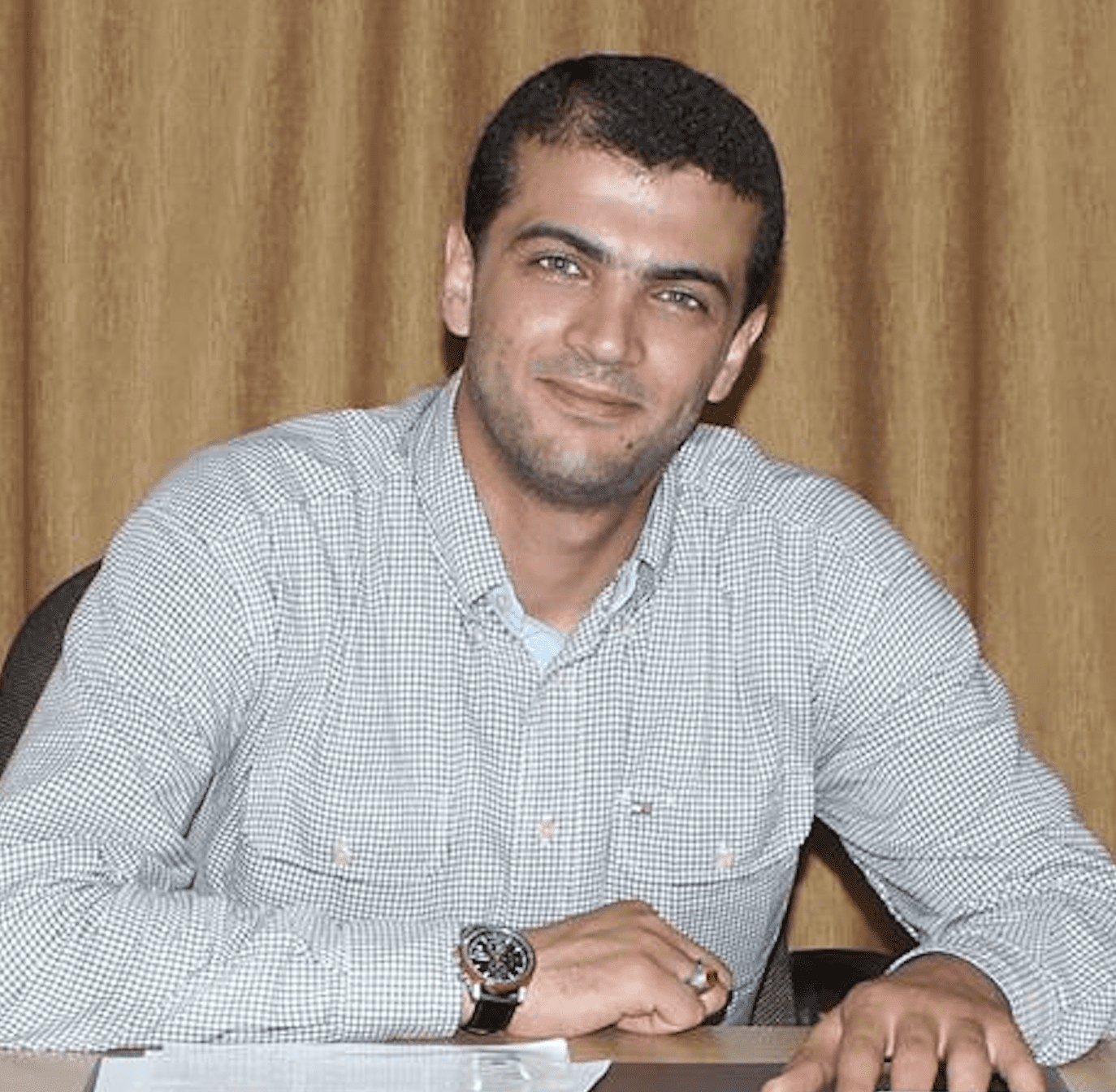The Salvadoran President, Nayib Bukele, landed in Turkey last Wednesday, 19 January, to meet with the Turkish President, Recep Tayyip Erdogan. The next day, both leaders signed a deal worth $100 million, including trade and investments in defence, energy and infrastructure, immediately after the inauguration of the Salvadoran embassy in Ankara. During a press conference, Bukele pointed out: “We already have deals almost closed to build new ports by a Turkish company, to build a geothermal power plant by a Turkish company and to buy military equipment from Turkish companies … Then we have another meeting with another company that’s going to help us build our first satellite, so we can send it to space; the first Salvadoran satellite, but with Turkish technology”.
The shared goal of Bukele and Erdogan is to expand the bilateral trade up to $500 million in the next five years. Both leaders also announced a new Turkish embassy in El Salvador and a forthcoming official visit by Erdogan to the Latin American country. According to Bukele, he aims to upgrade the position of his country as a logistical hub for the whole region. El Salvador, the 40-years-old President added, explored opportunities to earn Turkish investments, particularly in terms of energy and tourism, by the strategic advantages enjoyed by the Salvadoran coastline — also known as Surf City.
![Salvadoran President, Nayib Bukele, during a press conference in San Salvador, January 5, 2022 [Camilo Freedman/Getty Images]](https://i0.wp.com/www.middleeastmonitor.com/wp-content/uploads/2022/01/Nayib-Bukele.png?resize=975%2C496&ssl=1)
Salvadoran President, Nayib Bukele, during a press conference in San Salvador, January 5, 2022 [Camilo Freedman/Getty Images]
READ: Gas flow from Iran to Turkey stops due to technical problem
A Turkish statement asserted that the Salvadoran tour reached the following goals:
- Signing of six new deals to strengthen the bilateral cooperation in terms of trade, economy, defence, education, diplomacy and sea rights.
- Opening of the Salvadoran embassy in the Turkish capital, Ankara, and the announcement of the forthcoming opening of the Turkish embassy in San Salvador.
- Expansion of the commercial exchanges from $50 million to $500 million in the next five years.
- Signing of a Memorandum of Understanding (MOU) by the Turkish Cooperation and Coordination Agency (TIKA) and the Republic of El Salvador.
- Cooperation agreement in terms of maritime rights signed by the Ministry of Foreign Affairs of El Salvador and the Ankara University National Centre for the Sea and Maritime Law.
Erdogan’s approach in foreign policy
Bukele’s visit corresponds to the Turkish aspirations to expand ties with Latin America, as one of the pillars of its new multi-dimensional foreign policy. In just 15 years, the Turkish presence in the region jumped from six to 17 diplomatic missions.

Turkish Foreign Minister, Mevlut Cavusoglu (C) and Salvadoran Foreign Minister, Alexandra Hill (3-R) during the opening ceremony of the Salvadoran embassy in Ankara, January 20, 2022 [Cem Özdel/Anadolu Agency]
Ankara intends to boost its diplomatic ties with the whole region since the most recent presidential elections in Chile, Ecuador, Honduras, Peru, Argentina, Mexico and El Salvador, which changed the subordination trends to the United States government. The Brazilian elections next October are also expected to change the political landscape of Latin America, with the former President Luis Inacio Lula da Silva far ahead in the polls.
El Salvador Cumhurbaşkanı, dostum @nayibbukele’ye Daha Adil Bir Dünya Mümkün kitabım ile Dünya Beşten Büyüktür kitabını hediye ettim.
Daha adil ve müreffeh bir dünya için hep beraber mücadele edeceğiz. pic.twitter.com/TtoQv7aOwV
— Recep Tayyip Erdoğan (@RTErdogan) January 20, 2022
“La importancia de este día es la firma de estos seis acuerdos que se han firmado para cooperación comercial” Presidente de Turquía, @RTErdogan. 🇹🇷🇸🇻 pic.twitter.com/NTw8tn9qj1
— Casa Presidencial 🇸🇻 (@PresidenciaSV) January 20, 2022
Erdogan handed Bukele two of his books: “The World is Bigger than Five” and “It Is Possible to Create a Fairer World”. The Turkish leader implied that his literary agent also has Palestinian roots, just like the relatively young Salvadoran President. This fact, according to Erdogan, gave a new meaning to the whole agenda.
Simon Khoury, Director of the Palestinian Federation in Latin America and member of the Palestinian National Council, expressed his optimism regarding the current relations between El Salvador and Palestine:
“Certainly, this visit unsettles the relationship between El Salvador and the occupying Zionist power. The reason for this is that the Turkish Republic does not shy away from its commitment to the Palestinian people and condemns the occupation in international forums.”
READ: State-of-the-art hospital opens doors to foreign residents in Turkey
Khoury pointed out that the first immigration wave to El Salvador was composed of 100,000 to 120,000 Palestinians. In 2018, the Palestinian community was accounted for 1 to 1.5 per cent of the Salvadoran population, according to research commissioned by the Ministry of Interior. Furthermore, it is a fierce, cohesive community. The Palestinian people — both at home and exiled — seem to expect that the current matters of Sheikh Jarrah were also on the table. Ankara races for influence with its Arab neighbours, not just as a commercial hub but also in strategic terms of foreign policy. The Salvadoran rapprochement proves this point, as it concurs with the aggressive presence of the Zionist-allied monarchies in Latin America.
According to Prensa Latina, Bukele’s next stop is the United Arab Emirates, as part of an international agenda for 2022, newly approved by the Legislative Assembly, including visits to Spain, France, South Korea, Singapore, Russia and Italy.
The views expressed in this article belong to the author and do not necessarily reflect the editorial policy of Middle East Monitor.


![Turkish President, Recep Tayyip Erdogan welcomes the Salvadoran President, Nayib Bukele, in Ankara, on January 20, 2022 [Anadolu Agency]](https://i0.wp.com/www.middleeastmonitor.com/wp-content/uploads/2022/01/Turkey-1.png?fit=975%2C731&ssl=1)









